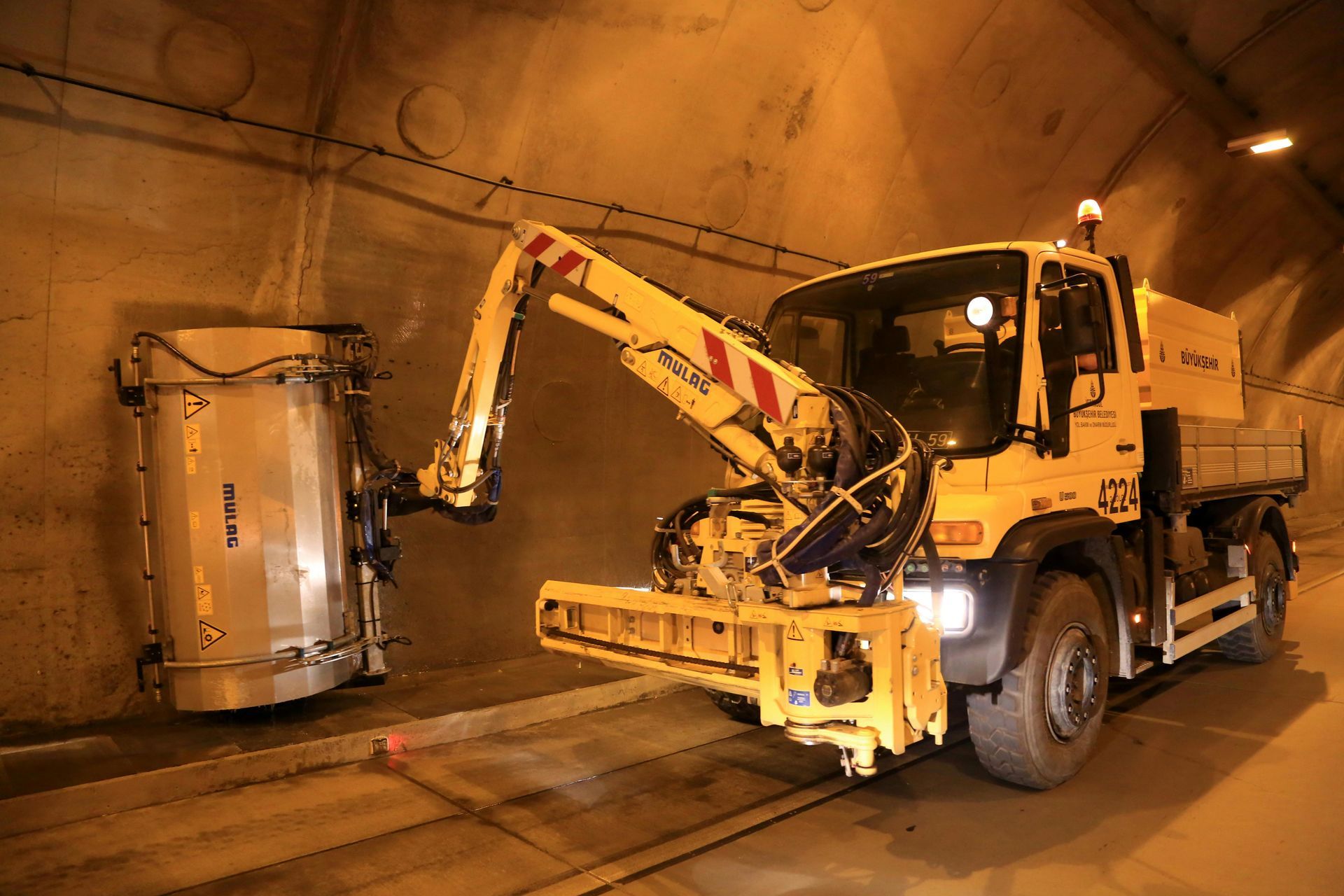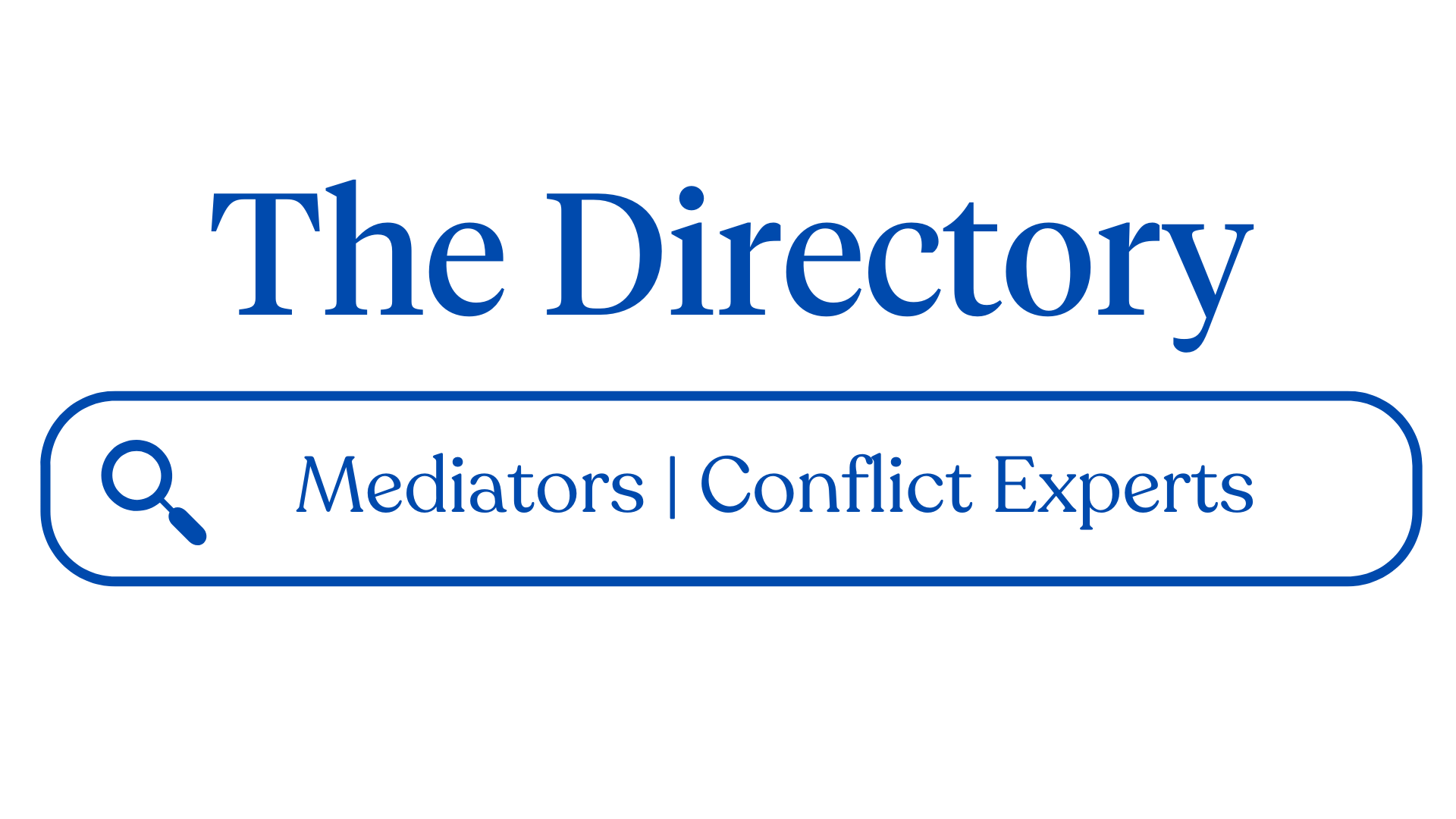Transforming Negotiation Practices with Mediation – Lessons from the Suffolk Libraries Contract
Mediation in Commercial Contract Negotiations - Advice for Contract Managers

The cancellation of the Suffolk Libraries contract serves as a cautionary tale for commercial contract managers. It underscores the challenges of rushed negotiations and highlights the critical need for structured processes based on mutual understanding, respect, and timely decision-making. But how could this situation have been different? The answer lies in adopting better negotiation strategies, with mediation at the heart of the process.
Modern businesses increasingly face complex contract negotiations, where balancing financial considerations with stakeholder priorities can feel like walking a tightrope. This blog explores the role of mediation in transforming negotiations and how organisations can use it to achieve better outcomes.
The Story of the Suffolk Libraries Contract
The Suffolk Libraries case is a text-book example of what can go wrong when crucial contract decisions are left too late. Local authorities sought value for money, but this came at the cost of preserving vital library services for the community. The result? A breakdown of trust and a failed negotiation that negatively impacted both parties and, more critically, the communities relying on these services.
This scenario reflects a common negotiation pitfall seen across industries. Rushed conversations, a lack of mutual trust, misaligned interests, and pressures to meet financial targets can quickly derail discussions. But what if the negotiation process had been guided by an experienced mediator?
Mediation as a Strategic Solution
Mediation brings a collaborative approach to contract negotiations by bridging gaps between opposing parties. A mediator facilitates structured, open dialogue where each party’s goals and concerns are laid out clearly. This creates an environment of understanding and allows creative, mutually beneficial solutions to surface.
Key Benefits of Mediation
- Improved Understanding: Mediation fosters empathy. By creating conditions where stakeholders can articulate their priorities, misunderstandings are minimised and conversations are reframed around problem-solving.
- Better Preparation and Early Intervention: Negotiations often fail because they start too late. A mediator encourages early engagement, ensuring more time to tackle complex issues and reducing the risk of last-minute breakdowns.
- Balancing Competing Interests: Mediation finds harmony between the financial priorities of organisations and the needs of stakeholders. For Suffolk Libraries, a balanced outcome could have maintained services while fulfilling the council’s cost-saving goals.
- Preserving Relationships: Contract renewals often strain relationships between parties. Mediation ensures conversations remain respectful and productive, paving the way for ongoing collaboration.
- Cost-Effectiveness: Failed negotiations and cancelled services can lead to costly legal battles or lost opportunities. Mediation is a cost-effective alternative, reducing the risks of disputes escalating.
Turning Lessons into Actionable Strategies
- Start Negotiations Early: Begin discussions with ample time to work through complexities. Premature decisions made under tight deadlines are more likely to erode trust between parties.
- Adopt a Collaborative Attitude: Shift the mindset from “win-lose” to “win-win.” Engage with an experienced mediator who can help each party see the bigger picture and identify shared goals.
- Set Clear Expectations: Before entering negotiations, ensure both parties clearly understand their own motivations and expectations. This clarity prevents miscommunications from derailing progress.
- Prioritise Transparency: Build trust by fostering open dialogue. Disclose constraints, risks, and decision-making criteria early to minimise surprises down the line.
- Bring in a Skilled Mediator: Experienced mediators add immense value to negotiations, particularly in high-stakes or emotionally charged situations. Their neutrality, expertise in conflict resolution, and skills in guiding discussions can turn stalemates into meaningful agreements.
Why Commercial Contract Managers Need Mediation
Whether you're a local authority grappling with service contracts or a corporate entity handling global vendor negotiations, mediation can provide the tools for long-term success.
Modern businesses operate in a complex environment where relationships and reputation hold as much weight as finances. Successful contract negotiations require more than tactical bargaining; they demand collaboration guided by mutual respect and understanding. Mediation ensures that these principles are embedded in every discussion.
By incorporating mediation into the foundation of negotiations, organisations can sidestep potential roadblocks, whether it’s balancing cost pressures with quality outcomes or bridging differing organisational cultures.
Need Help or Advice? Speak to Gordon Today
The Suffolk Libraries contract serves as a reminder of the importance of strong negotiation practices. Whether you're facing an imminent contract renewal or navigating ongoing disputes, mediation can change the trajectory of your negotiations for the better.
Talk to Gordon Tregaskis of Tregaskis Mediation for a confidential chat on improving your contract negotiation strategies. With international experience and expertise in commercial mediation, we’re here to help you achieve results that matter. Contact Gordon Today
Your negotiation process doesn’t have to end in cancellation or conflict. Explore how mediation can make a difference in your organisation and ensure every conversation paves the way for lasting success.











